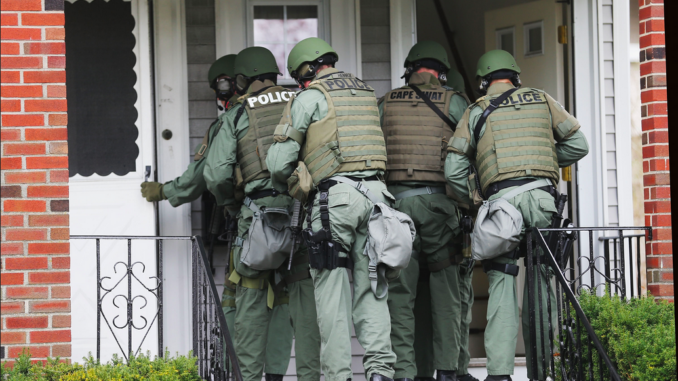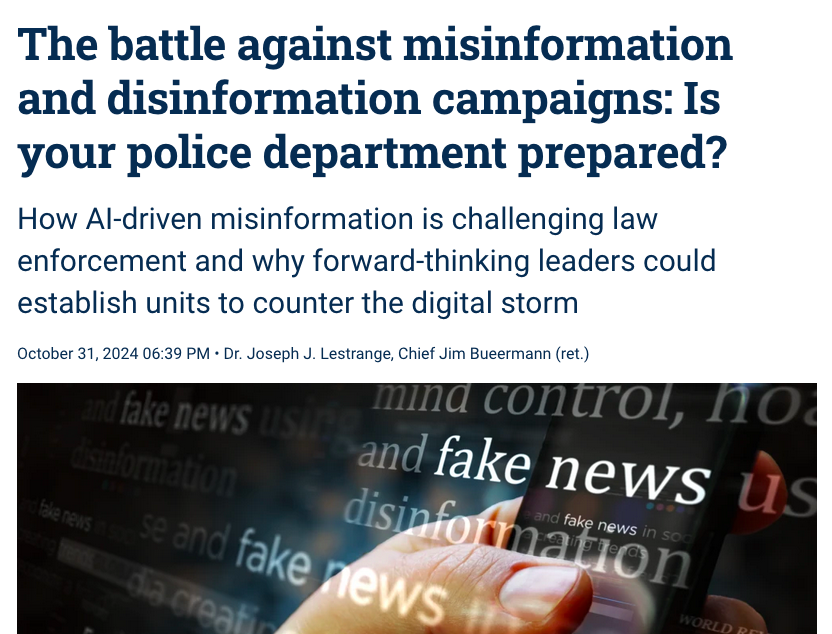
Democrats are calling for stronger powers for fact-checkers to combat the spread of so-called “misinformation.” This initiative is backed by a controversial law enforcement group known as Lexipol, which aims to create police-run “fact-checking” units.
These units would be tasked with censoring misinformation in real time and punishing those deemed responsible for spreading it. If you thought Snopes were bad, wait until you are being “fact checked” by the police.
Lexipol, a company that works with police departments in 35 states across the US, is suggesting that law enforcement set up “Misinformation/Disinformation Units.” These units would be tasked with tackling information deemed false by the authorities and granted powers to monitor and arrest those who share the information.

BYPASS THE CENSORS
Sign up to get unfiltered news delivered straight to your inbox.
Latest Video
A recent article on police1.com, a site for law enforcement professionals, posed the question: “Are you ready for the battle against mis/disinformation?” Given that Lexipol works with over 8,000 police agencies across the country, this question carries a lot of weight.
The article cites January 6 as an example of “misinformation” that could have been suppressed in advance by police with “fact checking” powers.
“For example, the January 6, 2021, attack on the U.S. Capitol was fueled by widespread disinformation and misinformation about election fraud, leading to unprecedented violence and overwhelming police operations at the Capitol. Some officers were even perceived as sympathetic to the rioters, further eroding public confidence in law enforcement’s impartiality.”
 Screenshot of article on police1.com calling for police “fact checking units”
Screenshot of article on police1.com calling for police “fact checking units”The proposal goes beyond just identifying “misinformation.”
Lexipol wants police to work with tech companies and community organizations including the Anti-Defamation League (ADL) to create systems that can spot “harmful content” in real time.
Content deemed “harmful” will be immediately censored and the social media user will be dealt with by the police.
This obviously raises serious concerns about the potential for government and tech companies to collaborate in ways that could infringe on free speech and liberty.
The company recommends that police create units specifically designed to find and fact-check false information, as well as develop “counter-narratives” to push back against misleading claims.
This approach raises important questions about how far law enforcement should go in monitoring speech and whether it might lead to more censorship.
Overall, the idea of police-run misinformation units could change the way we discuss and share information. It highlights the fine line between protecting the public and limiting free speech.
As this conversation continues, we must consider what kind of society we want to create and how much control we’re willing to give to law enforcement over our words.
Source link

